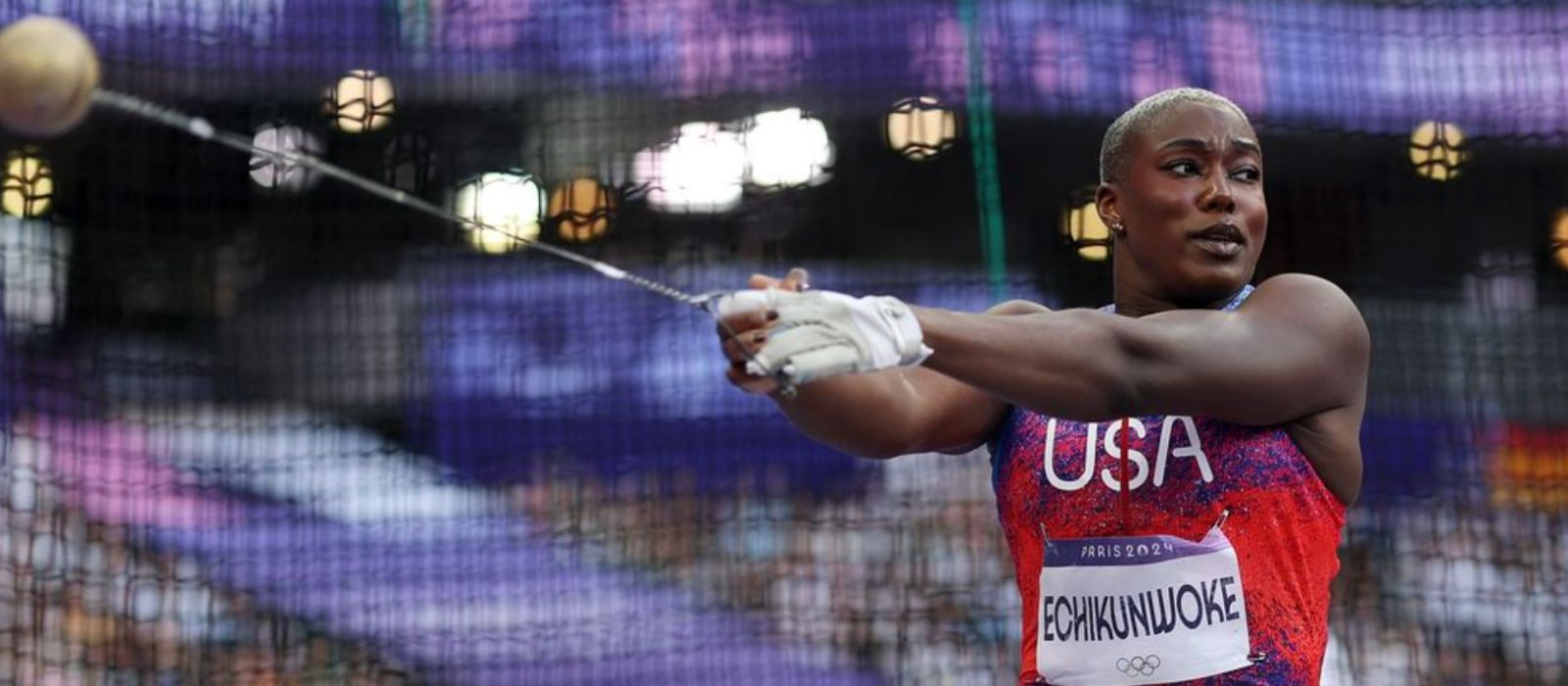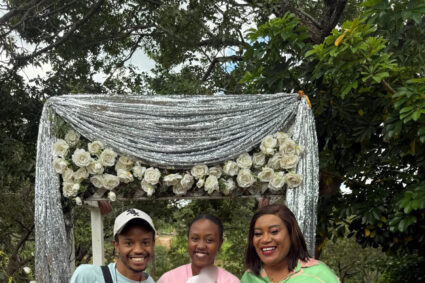
African governments often overlook the importance of nurturing talent, leading to a significant waste of potential due to inadequate infrastructure and lack of grassroots support. If proper support were available, societal issues like drug abuse, unemployment, and protests could be mitigated, as people would have productive outlets and alternative means of livelihood.
Simone Biles, at just 27, has won four medals at the ongoing Olympics, bringing her total to eleven, making her the most decorated American gymnast. She could retire if she wished, having achieved so much at a young age.
In contrast, many African athletes, including Zimbabwe’s golden girl Kirsty Coventry, often have to train in foreign countries like the USA to reach their full potential. Annette Echikunwoke, a Nigerian-American athlete, was disqualified from representing Nigeria at the 2020 Tokyo Olympics due to negligence by the Nigeria Athletics Federation. This experience led her to represent the USA instead, where she won a silver medal in the women’s hammer throw.
Two videos circulating on X highlight the disparity in training opportunities: one shows Simone Biles practicing as a young girl, while the other features a young Kenyan children doing backflips on bare ground. These examples underscore how, with proper training, equipment, and investment, African athletes could excel at the Olympics. However, the lack of organized systems to nurture young talent remains a significant barrier.
In Tanzania, a group of boys has gained viral attention by making videos of themselves diving into the sea with placards displaying different messages. Opportunities for proper grooming are rare and often limited to those who attend private schools or are scouted by agents, but even then, support is often insufficient.
Tendai Mtawarira attended Churchill and Peterhouse schools but had to move to South Africa to realize his potential. Brian Dzingai, who came fourth in the 200m final at the Sydney Olympics, was educated at St. George’s before moving to the USA for college. Most members of the current African Olympic teams are based in the diaspora, highlighting the ongoing reliance on foreign support to achieve success on the global stage.


